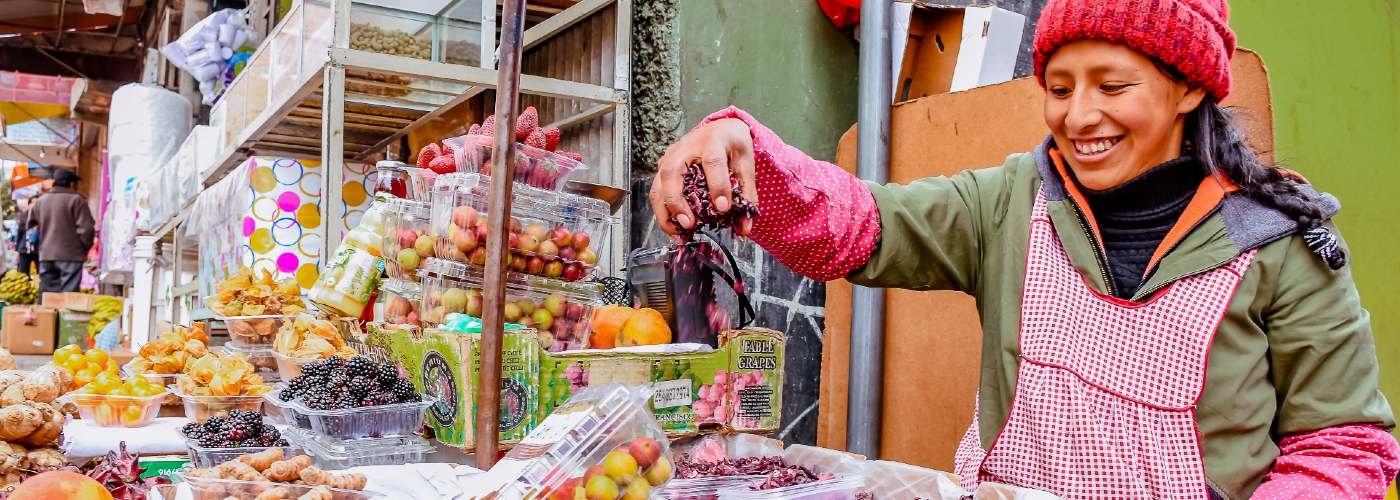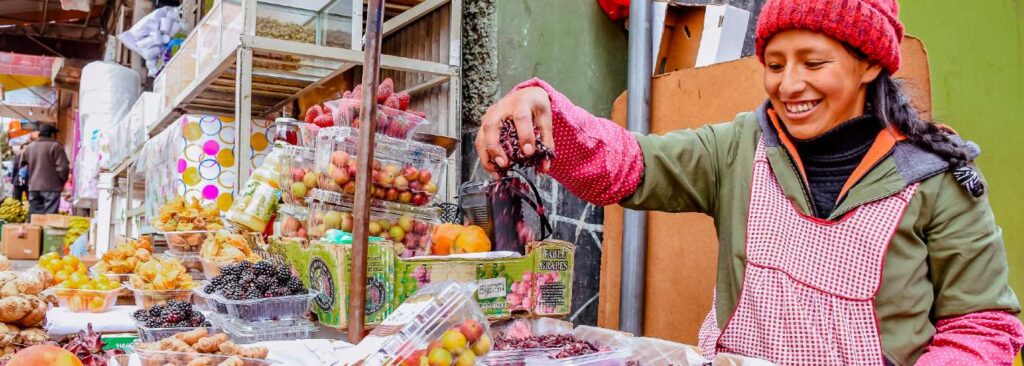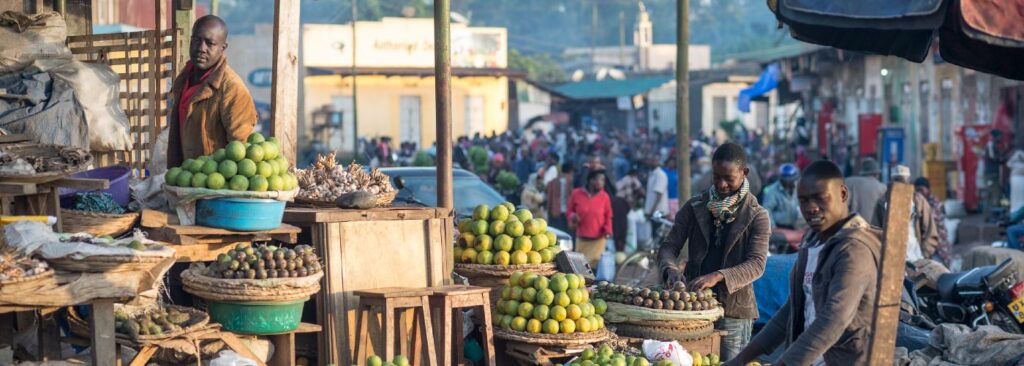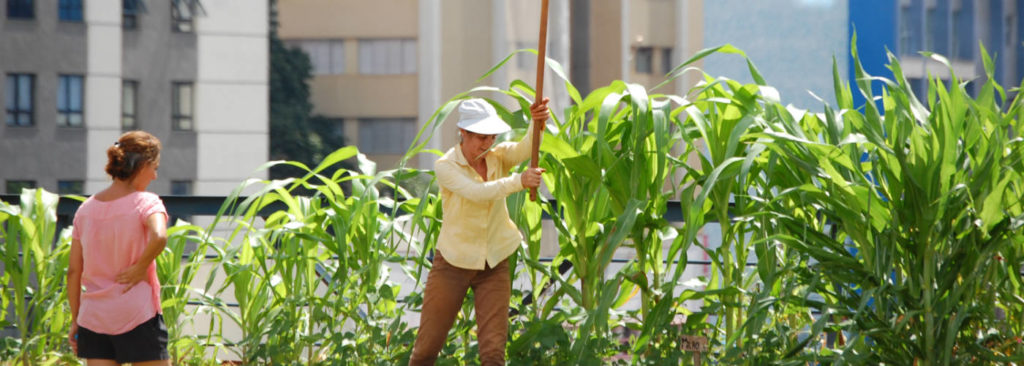At this year’s United Nations Climate Change Conference (COP27), food systems are receiving more attention than ever before for their vital role in global stability and potential to mitigate climate impacts. RUAF is contributing to the call for action with an event on ‘City region food systems: strengthening resilience against multiple shocks and stresses’, co-hosted with FAO, Resilient Cities Network, and CGIAR.
The impacts of climate change, growing tensions between countries, and knock-on effects of the Covid-19 pandemic affecting all aspects of food systems show that there is an urgent need to improve the resilience and sustainability of city region food systems. More than half of the world’s population lives in urban areas, and cities are responsible for 2.8 billion tons of organic waste, mostly food, and more than 70 percent of global CO2 emissions each year. Supporting cities in building food resilience is now more important than ever.
Cities cannot produce enough food to feed their population from within their boundaries. They are intrinsically connected with their surrounding peri-urban and rural areas by flows of people, goods, food, natural resources and ecosystem services. There is an urgent need for cities to pivot towards more resilient and regenerative food systems, to build resilience against current and future shocks and stresses.
At COP27 in Sharm El-Sheikh in November 2022, RUAF and partners will discuss how to address the growing food-related shocks and stresses and the opportunities that cities can leverage to build a resilient food system. This will be a unique opportunity to highlight the interconnection between climate emergency, food systems, and climate justice. Recognizing the critical role of people in shaping food systems, RUAF will call for greater understanding of crises and their impacts, and urgent development of actions to build several forms of resilience capacities: preventative, anticipatory, absorptive, adaptative, and transformative.
Understanding the context to build resilience
Building on the experience of City Region Food Systems (CRFS) programme and the CGIAR research initiative “Resilient Cities through Sustainable Urban and Peri-urban Agri-food Systems”, RUAF aims to strengthen the capacities of local governments and food sector stakeholders so that targeted decisions, interventions and actions are taken to reduce food system vulnerability across the rural-urban continuum. In particular, RUAF focuses on untangling confusion about key terms related to resilience and risk among cities (shock and stress, impacts, vulnerability, resilience) and the need to understand the causal relationships among shocks, impacts, and responses; why some people are more vulnerable than others; and the need for actions to build all five forms of resilience capacities.
City region food systems: strengthening resilience against multiple shocks and stresses at COP27
Moderated by Paul Currie, Associate Director: Urban Systems at ICLEI Africa, RUAF associate Jess Halliday will present insights from a recent global study by FAO, RUAF and CIRAD on lessons learned from multiple shocks and stresses over the last five years. Next, Janet Hodur (CGIAR) will share lessons learned from the CGIAR Resilient Cities through Sustainable Urban and Peri-urban Agrifood Systems program, and Dana Omran (Resilient Cities Network) and Pasquale Capizzi (Arup) will introduce the white paper released by R-Cities and Arup recommending various opportunities to improve food resilience through circular pathways. A FAO representative will wrap up with key take-home messages.The event will showcase examples from cities, including Kisumu and Dhaka, that have taken up the city region perspective or adopted circular practices, and the impact that has had on enhancing food resilience.
Event details:
- Thursday, 17 November 2022 | 11:30-12:30 EET (UTC+2)
- Food and Agriculture Pavilion at COP27 (Pavilion #P65)
- livestream: https://cop27foodpavilion.cgiar.org/
- Organized by the Resilient Cities Network, RUAF/Hivos, FAO, CGIAR, Arup, and ICLEI




